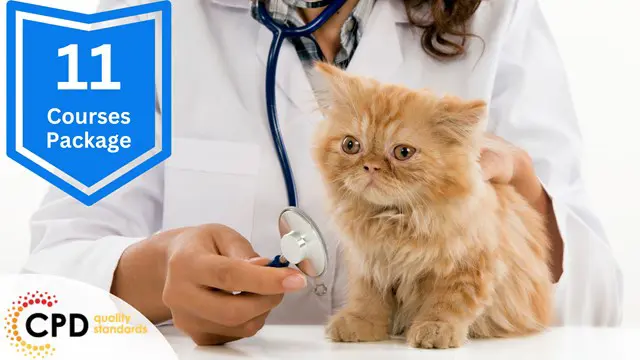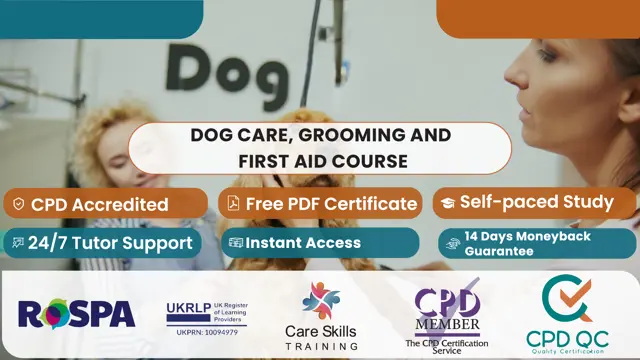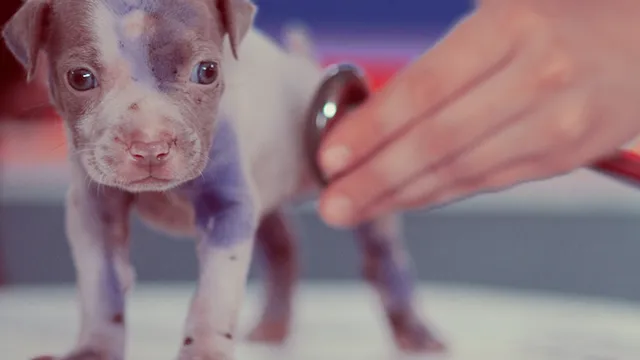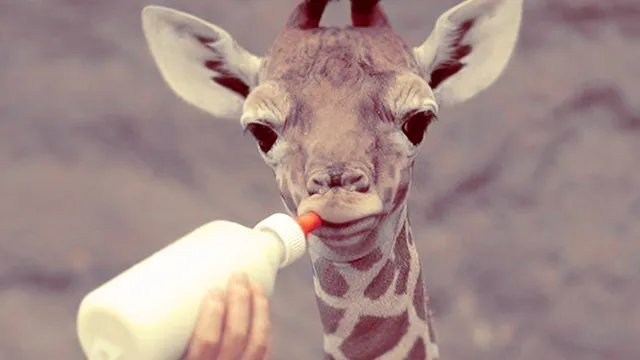Veterinary Nursing and Veterinary Assistant Diploma
Apex Learning
Flash Sale! 11-in-1 Premium Bundle | CPD Certified | Free PDF + Hardcopy Certificate | Tutor Support | Lifetime Access
- 137 students
- Online
- 40 hours · Self-paced
- Certificate(s) included
- 110 CPD points
- Tutor support
***Limited Time Offer*** ★★★ Enrolment Gift: Get Hard Copy + PDF Certificates + Transcript + Student ID Card worth £180 - Enrol Now! ★★★ The love for animals is universal, but turning that passion into a fulfilling career requires specialised skills and knowledge. In the UK,
…





